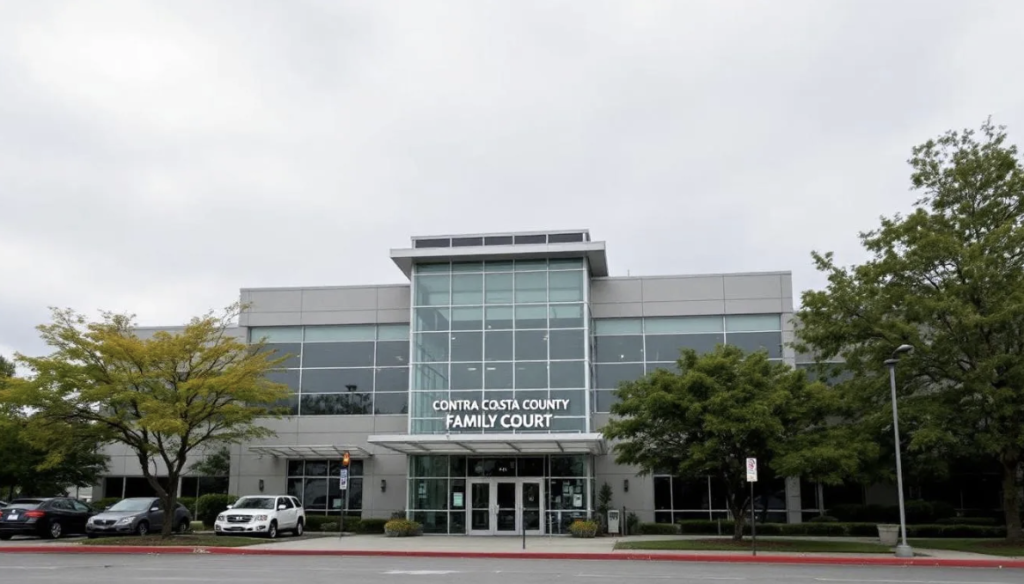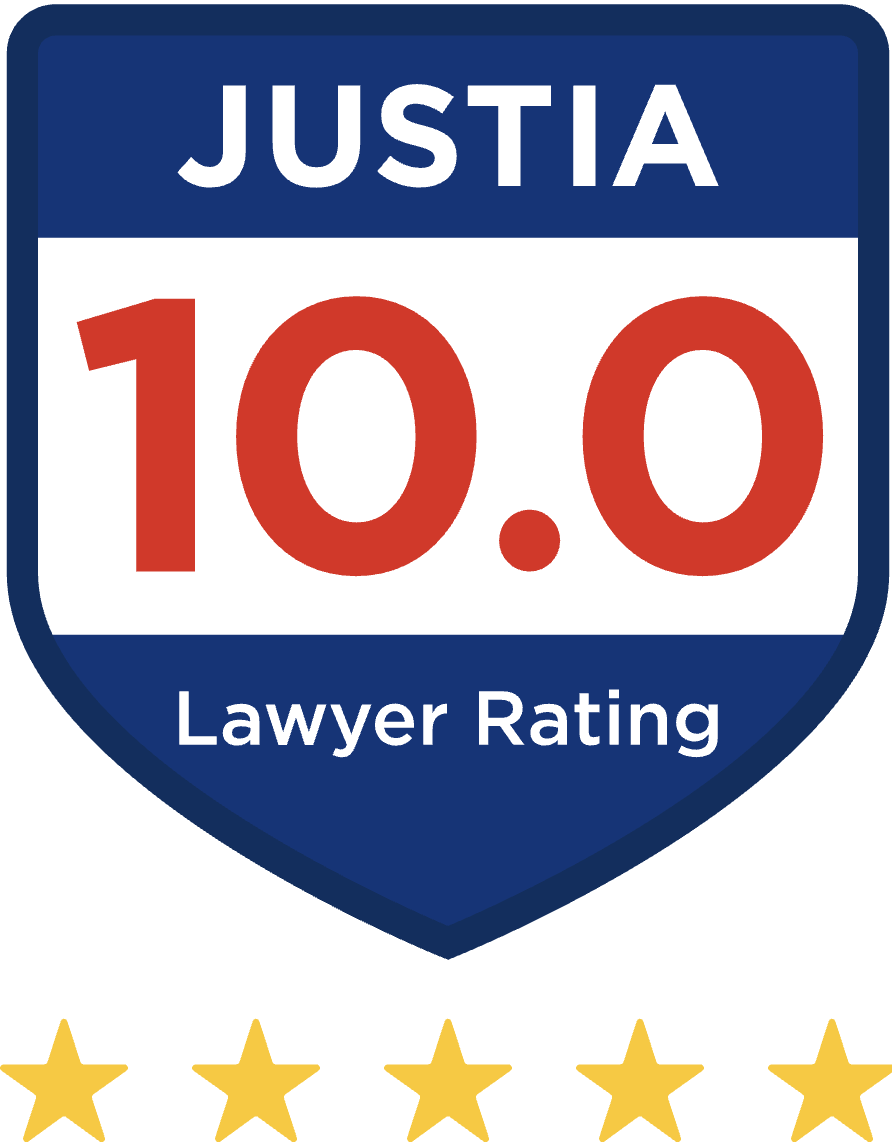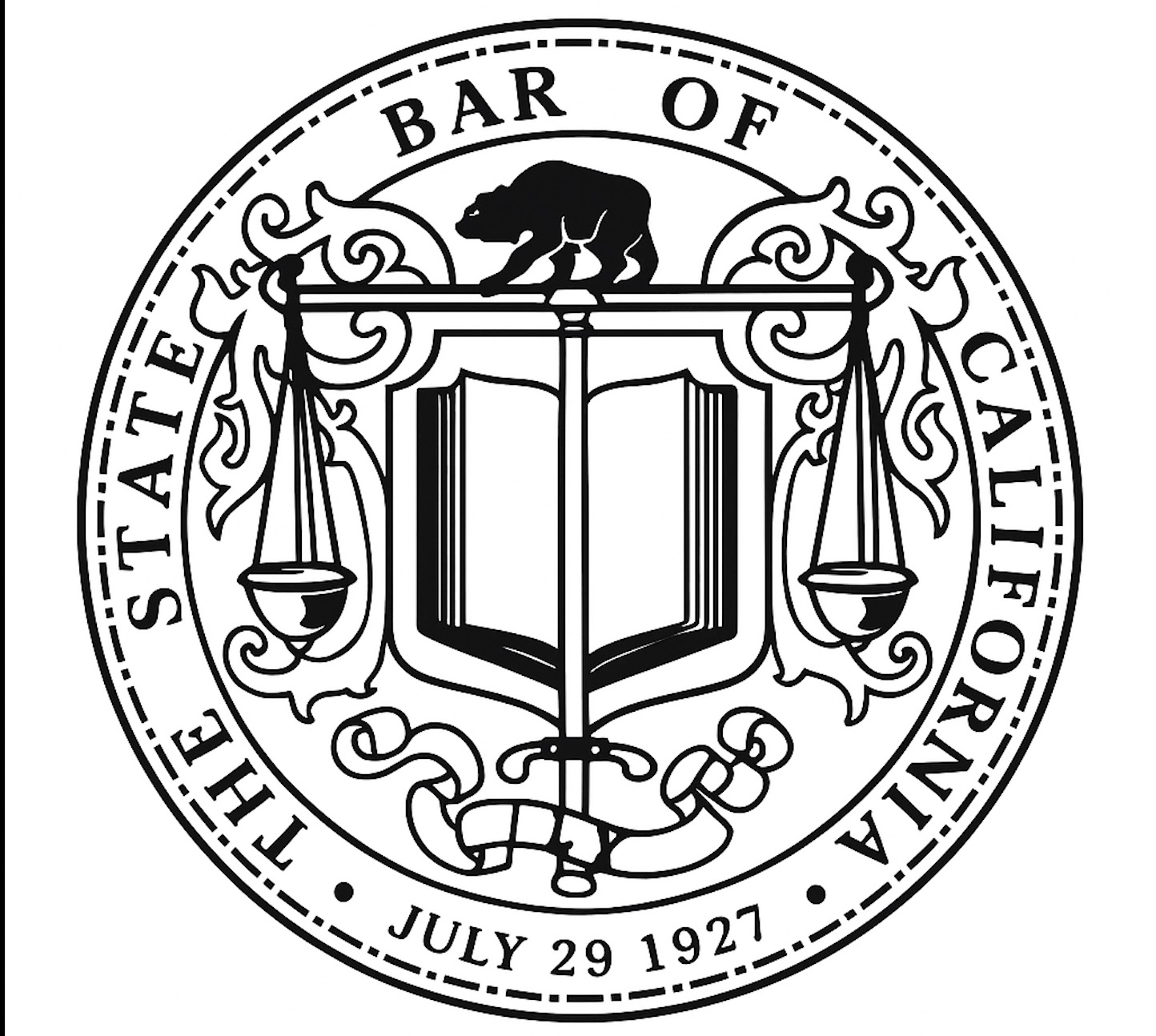Family Court Contra Costa County: How I Use the Family Law Facilitator To Help Clients Help Themselves
Authored by Izzat H. Riaz – Californian Paralegal, U.K. Certified Lawyer (LL.M.)

I spend a lot of time helping people who are trying to navigate family court without a private attorney. In Contra Costa County, the Family Law Facilitator’s Office at the Spinetta Family Law Center is one of the most useful resources you can walk into for free procedural help. If you are filing for divorce, updating child support, fixing custody paperwork, or responding to something you were served with, this is where I would send you first when a paid lawyer is not in the budget.
What the Facilitator Actually Does, in real life terms
The Family Law Facilitator is an attorney employed by the court who provides neutral assistance. That means information, not individualized legal advice. Think of them as your guide to the court’s forms and procedures. They will help you figure out what to file, show you how to complete the forms correctly, review your drafts, and explain what happens next at the courthouse.
They do not represent you, they do not call the judge for you, and they do not tell you what strategy to choose. For most self-represented parents, that is still a game changer, because clean paperwork and clear next steps prevent delays.
Where to go, and what to expect
Location: Spinetta Family Law Center, 751 Pine Street, Martinez, CA 94553.
This is the hub for family law self-help in Contra Costa County.
Hours: Drop-in help is typically offered on set weekdays with occasional limited hours on Fridays. Schedules change for holidays or trainings, so always check the court’s website the night before you go. Drop-in is first come, first served. Plan to arrive early, bring water, and expect a wait during busy times.
Other ways to reach them: You can review forms online through the California Courts website, and the Contra Costa Superior Court site posts facilitator updates, workshop calendars, and any remote options the court is offering. If you need general information by phone, call the court’s main line and ask to be routed to the Family Law Facilitator. For sensitive issues, I prefer in-person help, because the staff can look at your exact papers and catch errors fast.
Services I see clients use most
Drop-in form help
You bring your papers, they help you correct them and point you to the next step. This is ideal for petitions, responses, requests for orders, income and expense declarations, and judgment packets.
Workshops
The office runs group sessions on common topics, for example starting a divorce, calculating child support, or getting ready for a hearing. If you have never been to family court, one workshop can save you weeks of guesswork.
Document review before filing
A quick review prevents the two most common problems I see, missing attachments and wrong service. Clean filings get you hearings sooner.
Who can use these services
If you are representing yourself, you can use the facilitator. Either side in a case can get help. If you hire a lawyer, the facilitator steps out, and you should direct questions to your attorney.
How I prep clients before a facilitator visit

Bring these, and you will get more out of your time at the window.
- Any court papers you have already received or filed, plus your case number if one exists
- Government ID
- Two recent pay stubs, your last two years of tax returns, proof of benefits, and health insurance costs if support is involved
- A short written timeline for custody or domestic violence issues, dates and locations help the staff understand which forms apply
- A draft of any forms you already started, even if messy, it is faster to fix than start cold
Pro tip: Print copies. The facilitator may keep one set and mark up another. Keep your own copy of everything you file.
What facilitators cannot do, so you are not disappointed at the counter
- They cannot give you case-specific legal advice
- They cannot represent you or speak for you in court
- They cannot contact the other party or their attorney on your behalf
- They cannot guarantee a result
If your case involves significant assets, business interests, complex tracing, high conflict custody, relocation, or domestic violence allegations with criminal overlap, you should meet with a private attorney. The facilitator can still help with forms, but strategy and evidence presentation are critical in those situations.
The most common issues the facilitator helps with, and how to ask for the right help
Divorce and legal separation
Ask for help identifying the correct starting packet. In California you will complete the petition, summons, and disclosures. If you are responding, bring the papers you were served with and ask which response is due and how to count your deadline.
Child support
Bring income proofs, health insurance costs, and child care costs. The facilitator can run guideline calculations and show you how to complete the income and expense declaration. If you are already working with the Department of Child Support Services, bring their case number too.
Custody and visitation
Ask for the Request for Order packet and parenting plan attachments. Come with a workable schedule that fits school and work. Judges prefer specific calendars over vague promises.
Spousal support
For temporary support, the facilitator can help you file a request and assemble your financial disclosures. For long term support, be prepared for a deeper review.
Domestic violence and safety
If you need a Domestic Violence Restraining Order, the facilitator can help with the DV forms and get you to the clerk for emergency review. If you have been served, bring everything you received and ask about the response form and proof of service rules.
How to make your drop-in time count

- Write three clear questions on a sticky note. For example, which forms do I need to modify child support, how do I serve these, and what happens after filing
- Fill what you can at home. Even half-completed forms speed things up
- Be courteous and concise. The staff are helping many people, and focused questions get you focused answers
- Take notes on next steps, where to file, how to serve, and when to return
Avoid these common mistakes I fix over and over
- Wrong service method. Personal service is required for many first filings. Ask which rules apply before you leave the building.
- Missing disclosures. In divorce, you must complete preliminary declarations of disclosure. Skipping them delays judgments.
- No attachments. Parenting plans, property lists, and support add-ons belong as attachments. If it is not attached, it probably is not ordered.
- Old addresses. Update your mailing address with the court, or you will miss hearing notices.
- Unrealistic schedules. Offer parenting plans that match the child’s school and your work. Judges look for feasibility and stability.
A practical walk-through, start to finish
- Check the court website for current facilitator hours.
- Download the packet for your issue, print it, and fill what you can.
- Gather your proof, pay stubs, tax returns, insurance, daycare, and any orders already in place.
- Go to Spinetta Family Law Center early, sign in for drop-in, and ask for document review and next steps.
- File at the clerk’s window the same day if possible.
- Serve properly, then file your proof of service.
- Calendar your deadlines and hearing date.
- If you get stuck, return to the facilitator with your stamped copies and questions.
When you should add private counsel to your team
In my experience, the facilitator gets you through clean filings and basic hearings. Bring in a private attorney when there is a high risk of permanent harm if you lose, for example move-away custody requests, business valuation, complex real estate or retirement division, domestic violence with criminal implications, or when the other party has an attorney and the case is accelerating toward trial. We can complement the facilitator by handling strategy, evidence, and courtroom advocacy, while you continue to use the office for routine filings and copies.
Final takeaway
The Family Law Facilitator is one of the smartest first stops you can make in Contra Costa County if you are handling your case yourself. Use the drop-in help to get your paperwork right, attend a workshop to understand the process, and keep organized copies so you always know what you filed and why. If your situation turns complex, that is when my team steps in to protect your rights, align your filings with a long term plan, and carry the load in court. Either way, you do not have to figure this out alone.













